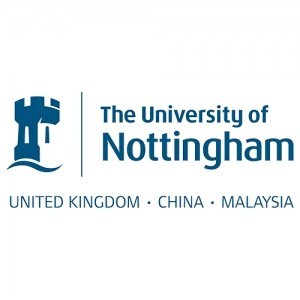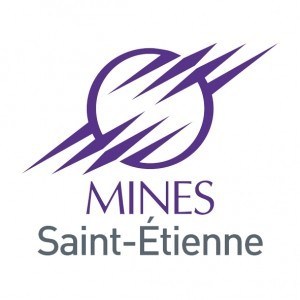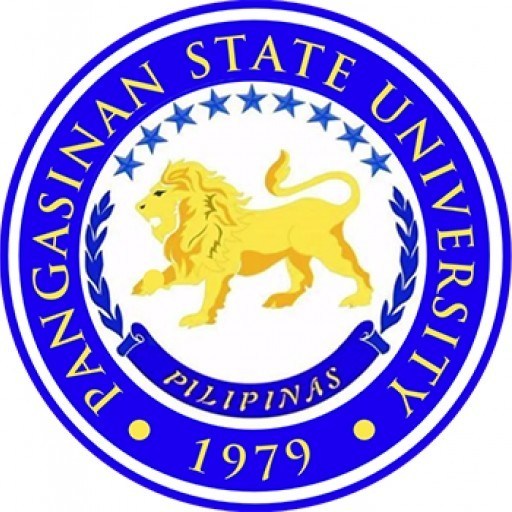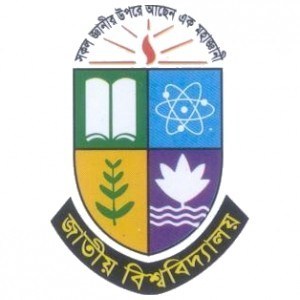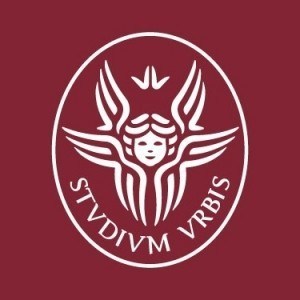Photos of university / #imperialcollege
New aircraft and other challenging engineering applications are becoming increasingly dependent upon the unique capabilities of high performance composite materials. This programme addresses the broad field of advanced composites, specifically the manufacturing and characterisation of composites and engineering design.
Term one:
Lecture Courses: Introduction to Fibre Reinforced Composites, Revision Stress Analysis, Revision
Chemistry, Interfaces, Fibres, Manufacturing Science, Composite Systems (Plastic Matrix,
Ceramic Matrix, Metal Matrix), Stiffness & Strength, Non-Destructive Evaluation, Mechanical
Testing.
Laboratory Sessions: Composite prepreg lay-up, Test piece preparation, Tensile testing, Flexural
testing, Compression testing, Fracture toughness, Shear testing, Distortion of channels
Literature Review (undertaken during non-timetabled time)
Term Two:
Literature Review (Completed in the first few weeks during non-timetabled time)
Lecture Courses: Electrical Properties, Laminate Analysis, Joining, Stress Analysis, Fracture,
Design, FE Analysis, Fatigue, Analytical Techniques, Environmental Effects, Impact
Design Study: A group exercise to perform preliminary design of an appropriate composite
component.
Term Three (May-Sept inc.):
Examinations take place during the first two weeks of term three.
Research Project
Assessment includes:
- written examinations
- written laboratory reports
- a literature review
- a design study report
- Major Individual Research Project
Through links with industry, it is possible for projects to be supervised in part by staff from industry or to be carried out in industry.
Programme Aims and Objectives
By the conclusion of the programme, students will have achieved the following objectives:
- Developed a firm grasp of the fundamental concepts and principles relating to the nature of composite materials and their constituents; the processes of production of composites; the engineering and other properties of composites; applications of current composite systems; and the analysis and design methods for composite components. This will necessarily involve reading of books and papers in addition to understanding material presented in the lectures.< /li>
- Demonstrated their ability to read the relevant scientific literature and to write an associated review.
- Demonstrated their ability to bring together all the aspects of the course by conducting a design study.
- Developed an understanding of the relevance and limitations of the destructive and non-destructive test methods used for composites.
- Demonstrated their ability to carry out a major research project.
- Demonstrated their ab ility to communicate clearly and succinctly both orally and in writing.
- Developed an appreciation of the interdisciplinary nature of co mposite materials and hence have the ability to communicate with and understand the problems of workers in specialities different from their own.
Applicants should have been awarded, or expect to be awarded, a first class (1st) or upper second class (2:1) or equivalent degree in Engineering, Materials Science, Physics or Chemistry.
Documents for application
- Curriculum Vitae (CV)
- Personal Statement
- Transcript of your Studies to date
- 2 academic references
* the original English test certificate for overseas students
Want to improve your English level for admission?
Prepare for the program requirements with English Online by the British Council.
- ✔️ Flexible study schedule
- ✔️ Experienced teachers
- ✔️ Certificate upon completion
📘 Recommended for students with an IELTS level of 6.0 or below.
Aero MSc Bursary Scheme
This scheme is open to Home students that are able to secure a place on an MSc programme accredited by the Royal Aeronautical Society. Home students of both are MSc's are eligible for his bursary, and are encouraged to apply for this scheme without delay. Applicants need not hold an offer from Imperial when they apply for the bursary. The main criterion for the award of a bursary will be the candidate’s motivation and commitment to a career in UK aerospace.
The bursaries fund MSc tuition fees up to £9,500.
Nominated applicants must be working in the UK on the first day of the MSc programme.
Supported and independent applicants must be:
- Ordinarily resident in the UK on the first day of the MSc programme (with the
exception of frontier students2
studying in the UK):
and
- One of the following:
EU nationals (including UK nationals) including direct family members as long
as they have been ordinarily resident in the EEA for the last three years; or
o Nationals of Norway, Iceland, Liechtenstein and Switzerland who are working in
the UK, including direct family members and who have been ordinarily resident
in the EEA for the last three years; or
o UK residents with ‘settled immigration status’ (no restrictions on how long you
can stay) who have been ordinarily resident in the UK for the last three years; Refugees and people who have been granted humanitarian protection
including direct family members ordinarily residing in the UK on the first day of
the first academic year of the course; or
o Children of Swiss nationals who have resided in the UK where the children have
been resident in the EU/EEA or Switzerland for the last three years; or
o Children of Turkish nationals who have resided in the UK where the children
have been resident in the EU/EEA, Switzerland or Turkey for the last three
years.
1Small or medium sized enterprise
2“Frontier students” means frontier workers who work in the territory of one country and reside in the territory of another country, to which they return as a rule daily or at least once a week
You should apply as soon as possible for programmes of study starting between
September 2015 and July 2016. Once the available bursaries are awarded the competition
will close.
Phase 1 Download the Phase 1 Application (www.raeng.org.uk/aeromsc) then
complete it and send as an email attachment to AeroMSc@raeng.org.uk.
Phase 2 If you appear to meet the eligibility criteria you will be sent a Phase 2
Application to be completed and returned by email, along with any
additional information it asks for.
Interview If you are shortlisted you will be invited to interview, normally in London.
These are scheduled at monthly intervals. Interviewers are senior
members of the aerospace engineering profession and Fellows of the
RAEng and/or the RAeS.
Result You will be informed of the result within 3 weeks. If successful you will
receive a bursary offer setting out the amount and conditions of the
award. When we receive your acceptance, the award will be confirmed.
Bursary payments are made to universities one month after enrolment.
Postgraduate Certificates and Diplomas are not available in the Department of Aeronautics.


